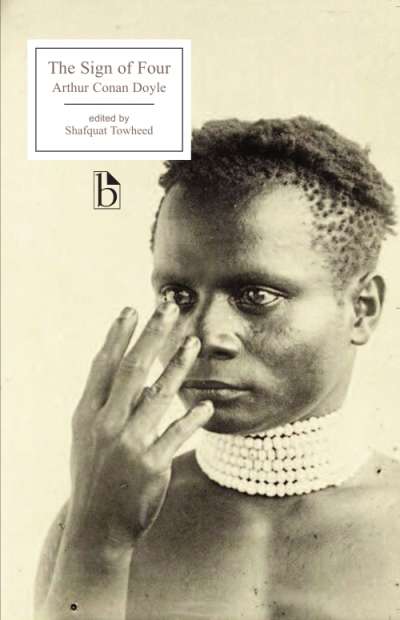The Hound of the Baskervilles (1901–02) is Arthur Conan Doyle’s most celebrated Sherlock Holmes adventure. At the end of the yew tree path of his ancestral home, Sir Charles Baskerville is found dead. Close by are the footprints of a gigantic hound. Called to investigate, Holmes seems to face a supernatural foe. In the tense narration of the detective’s efforts to solve the crime, Conan Doyle meditates on late Victorian and early twentieth-century ideas of ancestry and atavism, the possible biological determination of criminals, the stability of the British landed classes, and the place of the supernatural.
Historical documents included with this fully-annotated Broadview edition help contextualize the novel’s debates and reveal its cultural and literary significance as a supreme instance of early detective fiction. Also included is the Conan Doyle short story “The Adventure of the Speckled Band.”
Comments
“This superb edition outstrips all other editions of a popular classic. Francis O’Gorman’s introduction is impressive, placing the text in the context of numerous literary and cultural debates: about aristocracy, primitivism, biology and criminology, the supernatural, Empire, and spiritualism. His textual annotations offer the most thorough aid to understanding available. The edition’s supplementary materials are varied and offer numerous interpretative possibilities. The remarkable achievement of the edition, however, is the sheer enjoyment of the text it conveys, remembering always that the novel has the status of cultural myth because so many readers have found pleasure in it.” — Juliet John, University of Liverpool
“Two of the finest Sherlock Holmes chronicles, given in excellent text versions: this alone would invite ‘first choices’ labeling for this book. These two stories are no ‘mere’ thrillers, but fictions in which thrills are convincing because they draw close the natural and the (seeming) supernatural. O’Gorman’s ample, sensible introduction should convince readers that the way from Poe to late-Victorian science, atavism, and the decline of the English landed gentry is no far distance. This edition is a credit to Broadview, and that credit will doubtless have testimony through a long shelf life for the book.” — Benjamin Franklin Fisher, University of Mississippi












